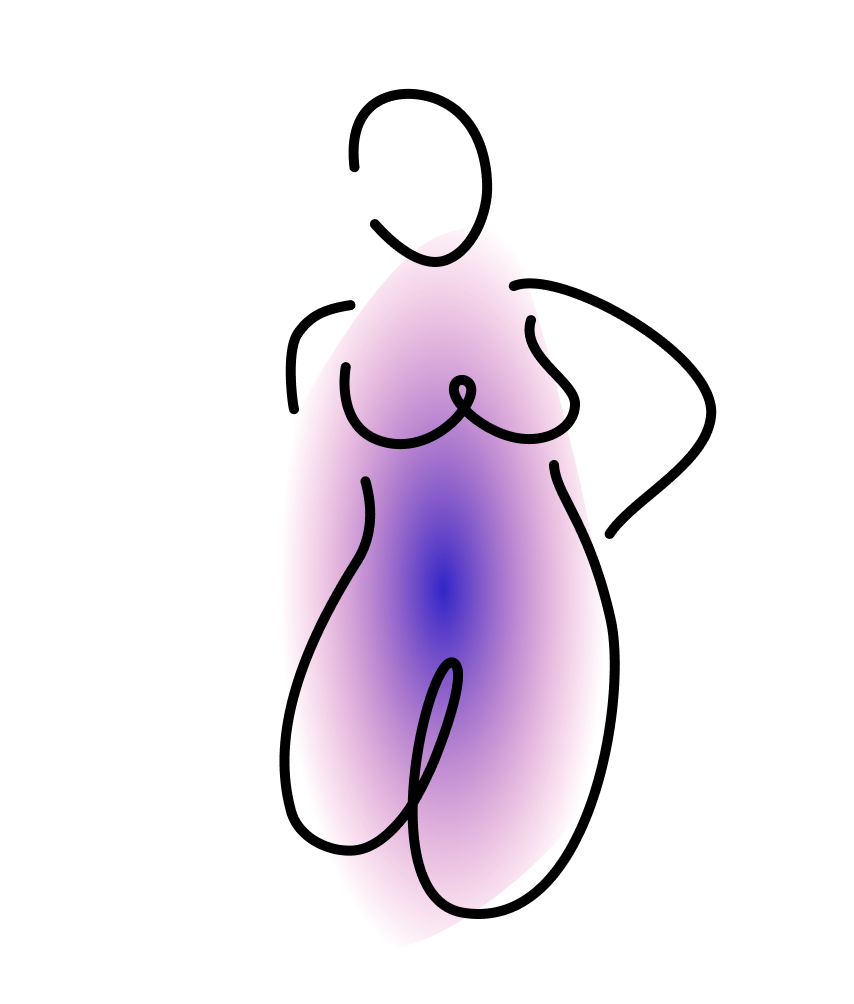The Vigilant Pacer
You Know You're This When
While your BFF is bolting out the door, you’re still in bed, struggling to text the yoga studio to let them know you’re not going to make it to the 9AM class because you slept through four alarms.
It’s going to be a minute (or thirty) until you’re fired up, because it takes longer for your body to mobilize its resources. The plus side: you tend to be calm most of the time. But once stress hits and things are set in motion, it’s harder for you to stop the brain-body freight train. This Pacer responsiveness coupled with your Vigilant side means that when you encounter stress, you tend to go from 0-100. And as for the come down? Not real quick. The best thing you can do is regulate your daily habits; like sleep and meal times, and practice mindfulness — so that you can get your sense of reasoning to click in and keep you from saying or doing something you regret.
Where You Land in the World of Female Stress

Take the quiz to find out where on the chronic stress spectrum you fall today — and what you can do to move towards a state of balance.
How Stress Manifests in Your Body

Here are science-backed recommendations that may help Vigilant Pacers manage chronic stress. To tailor these recommendations to your health history & lifestyle, talk to your provider at the Tia Clinic where you can connect your Stress Signature to care.
- Boost your mood with foods containing tyrosine: avocados, beef, bananas, tofu, tomatoes, and carrots
- Get nutty! Walnuts contain omega-3 fatty acids that are vital to support the movement of serotonin and dopamine, neurotransmitters that make us feel good, within the brain.
- Fill your plate with foods that keep your gut and brain happy! Like, asparagus, onions, garlic, apples, seaweed, radishes, and sweet potatoes.
- Go ahead and have that morning coffee — but stop there. It disrupts your sleep signaling. And also its tough on your sensitive gut.
- Limit alcohol — it disrupts your digestion and sleep cycles!
- Add regular low-intensity workouts like Pilates, jogging, and swimming to boost energy levels. This type of exercise works directly on the central nervous system to increase energy and reduce fatigue.
- Eat small meals and snacks throughout the day to keep energy levels stable.
- Get some sun! When you don’t get enough sunshine you’re prone to inflammation, which can aggravate autoimmune disorders.
- Set a consistent bedtime and wake-up time to allow for your body to repair any cell damage, process newly learned information, and decrease allostatic load.
- Practice mindfulness and meditation to increase your resiliency to threats and obstacles.
- Take time to care for yourself to soothe and help your body avoid an all out crash — spend a day at a spa, try a face mask, soak in a bath, or take yourself shopping.
- Trying wearing your softest sweater when you’re stressed.
- Listen to your favorite tunes: listening to music is good for your heart and psychologically improve your mood.
-
Use the ABCDE method to control your own emotional experiences by thoughtfully reviewing your patterns of thinking and modifying them in a way that results in less emotional distress.
- A: Activating event that triggered stress
- B: Beliefs that went through your head
- C: Consequences you are experiencing
- D: Disputing negative thoughts
- E: Energize yourself with effective new approaches


 copy link
copy link